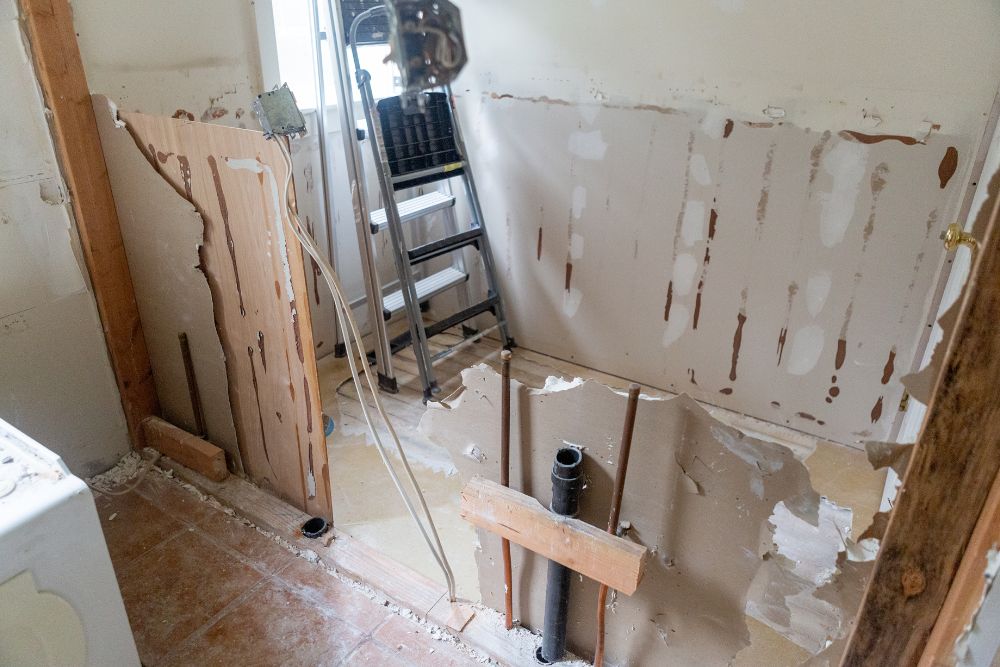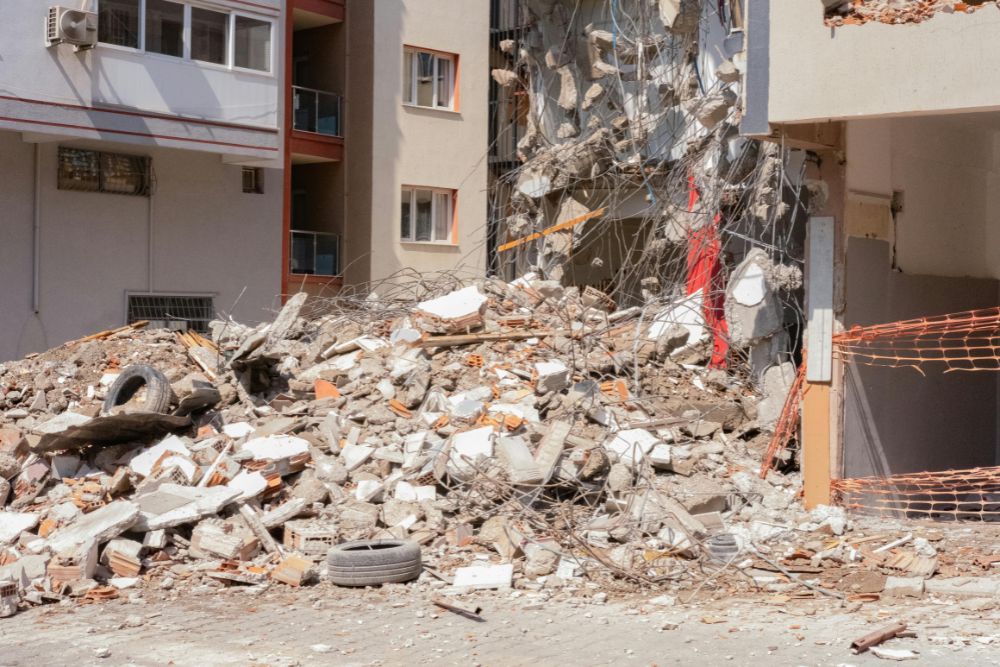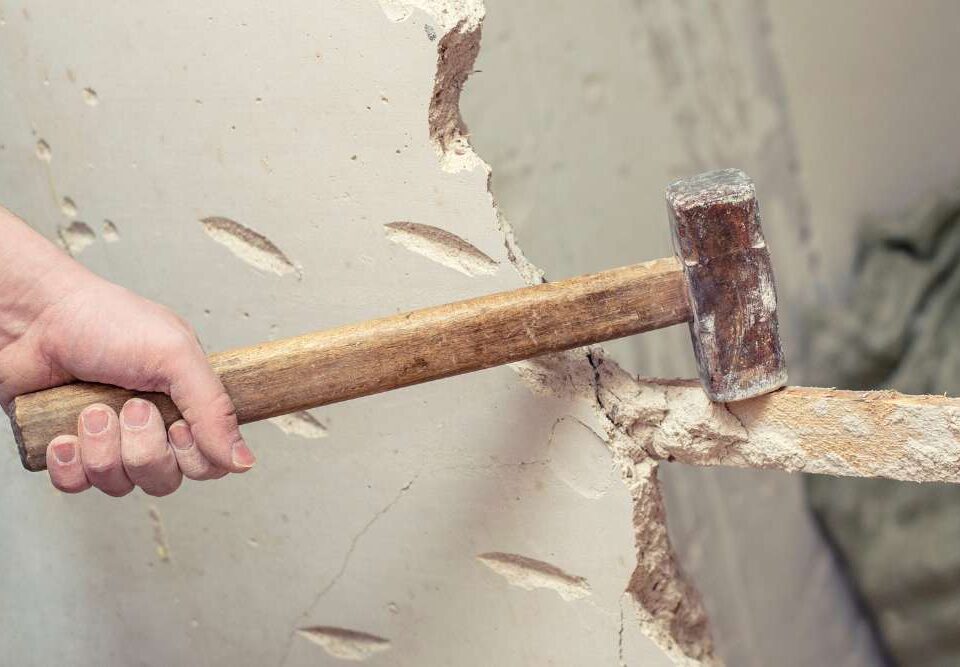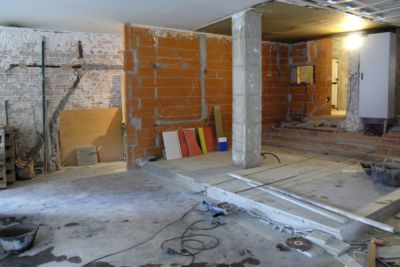
Shed Demolition Why It’s the Best Option for Your Yard
September 9, 2025
What to Expect from Demolition Cleanup Experts
September 9, 2025The Best Time to Plan for Demolition Cleanup Services
Demolition projects can be exciting because they pave the way for fresh beginnings, but the aftermath is never as simple as it appears. Once walls come down and debris piles up, it becomes clear that cleanup is just as important as the demolition itself. Planning for cleanup at the right time prevents chaos, reduces stress, and keeps projects on track. Whether you are tearing down a small structure or undertaking a larger commercial demolition, preparation for cleanup determines how smooth the overall process will be. By carefully timing when you book services, you gain efficiency, safety, and peace of mind.
Understanding the role of cleanup in demolition projects
Cleanup is often underestimated, yet it holds the key to completing any demolition safely and efficiently. After structures are dismantled, what remains is rarely manageable without professional intervention. Heavy debris, sharp materials, and dust all require specialized handling to prevent injury and environmental damage. Timing cleanup services to begin as soon as demolition ends ensures that your site transitions smoothly to its next stage.
Another reason cleanup matters is compliance. Many local areas have strict disposal rules for materials such as concrete, metals, or hazardous waste. Ignoring proper disposal could delay your project and increase costs. Having a cleanup team already scheduled removes this risk, keeping everything aligned with regulations. Rather than viewing cleanup as an afterthought, it should be seen as an essential partner to demolition, making sure that the process does not stall at the finish line.

Seasonal factors that influence cleanup scheduling
The season in which demolition takes place can have a major effect on cleanup efficiency. For example, planning cleanup in the middle of rainy months can slow progress, as mud and water complicate debris removal. On the other hand, dry seasons often offer smoother conditions that allow teams to work faster and more safely. Considering the calendar before scheduling ensures fewer delays and a more predictable outcome.
In regions with extreme heat or cold, worker safety must also be taken into account. Overly hot weather can be hazardous during physically demanding cleanup, while snow or ice adds risks of slips and equipment malfunctions. By coordinating with professionals, you can choose a time when seasonal conditions favor progress instead of hindering it. Paying attention to these environmental details helps projects move forward without unnecessary obstacles.
The importance of aligning cleanup with project deadlines
Every demolition project typically operates on a timeline, and cleanup plays a direct role in whether those deadlines are met. If debris is left sitting for too long, the next phase of construction or landscaping can be delayed. Booking cleanup services early ensures that the transition is seamless, keeping your project on track and avoiding unnecessary costs. Timing is as important as the work itself.
Delays can also mean higher labor expenses, as teams may need to work overtime or return multiple times to finish tasks. Coordinating cleanup in advance prevents these inefficiencies. Professionals can arrive ready to clear the site promptly, allowing you to move ahead without hesitation. Aligning cleanup with your overall schedule ensures that each step of your project remains synchronized, from demolition through to completion.
How to prepare for efficient cleanup services
Preparation makes demolition cleanup significantly more efficient. Before professionals arrive, separating items that can be recycled or salvaged helps speed the process. Clearing access paths for trucks and equipment ensures teams can move debris without unnecessary obstacles. Even small steps taken before demolition begins can drastically improve how smoothly cleanup unfolds.
Another aspect of preparation involves communication. Sharing project details with your cleanup team allows them to plan resources more effectively. When they know the scale of debris, potential hazards, and deadlines in advance, they can assign the right equipment and crew size. This level of coordination eliminates confusion and maximizes productivity. A little foresight before the demolition itself can save both time and money when cleanup starts.
Why post demolition cleanup should not be delayed
Delaying cleanup after demolition may seem harmless, but it often creates more problems than solutions. Piles of debris left unattended can become safety hazards, attracting pests, creating tripping risks, or even obstructing nearby areas. Dust and scattered materials also impact surrounding properties, leaving neighbors frustrated. Quick cleanup avoids these concerns by restoring order immediately.
Beyond safety, delaying cleanup can impact morale. Seeing a project site cluttered with debris makes it feel unfinished and overwhelming. On the other hand, clearing away remains quickly creates a sense of progress and accomplishment. Cleanup done at the right time not only prepares the site for its next stage but also reinforces momentum, ensuring that the project maintains its forward pace without unnecessary lags.
Balancing budget and timing for demolition cleanup
Budget plays a significant role in planning, but timing directly impacts costs. Booking cleanup too late can result in added expenses if multiple trips or extended labor hours become necessary. By scheduling cleanup services early, you can secure availability and often lock in a more predictable price. Coordinating timing with budget expectations prevents surprises later on.
It is also important to consider that delays may require renting equipment longer than planned or paying storage fees for materials. These additional costs add up quickly, making a poorly timed cleanup more expensive overall. When budget and timing are balanced, cleanup becomes more cost-effective and streamlined. Proactive planning ensures that financial resources are used efficiently, without unexpected obstacles draining your funds.
Choosing the right professionals for cleanup services
Not every cleanup provider is equally prepared for demolition projects. Some specialize in residential debris, while others handle larger commercial tasks. Choosing the right team ensures the work is done quickly, safely, and in compliance with regulations. Experienced professionals also understand how to manage different materials responsibly, from wood and concrete to metals and hazardous items.
Scheduling with the right provider at the right time reduces stress. Reliable teams show up prepared with proper equipment, manpower, and disposal strategies, leaving you confident the project is under control. Making a careful choice about who handles cleanup, and when, can transform the entire demolition process into a smoother, more professional experience. The right people, arriving at the right time, ensure you never face unnecessary complications.
Coordinating cleanup with contractors and builders
Demolition rarely happens in isolation. Often, it is the first step before construction, renovation, or landscaping begins. Coordinating cleanup with contractors and builders prevents bottlenecks. If one team cannot start because debris is still in place, the entire project loses momentum. Scheduling cleanup to align with their timeline creates a steady workflow that benefits everyone.
Contractors also rely on clean, safe sites to do their best work. Excess materials can get in the way of equipment or endanger workers. By removing debris promptly, you allow the next phase of work to start with efficiency and minimal risk. Coordination between all parties ensures that demolition is not a disruption but a bridge to progress. Planning cleanup carefully strengthens teamwork across the project.
Environmental considerations in demolition cleanup timing
Cleanup is not just about convenience; it also affects the environment. Materials such as concrete, drywall, or treated wood need to be disposed of properly to minimize pollution. Booking cleanup at the right time ensures that recyclable materials are separated before they are contaminated or mixed with other debris. Timely action increases the chances that resources can be reused rather than wasted.
In addition, quick cleanup reduces the environmental risks of dust, soil contamination, and runoff. The longer debris sits exposed to the elements, the higher the chance it will impact surrounding ecosystems. Timely removal helps protect both your property and the environment at large. By viewing cleanup as a responsibility, not just a task, you contribute to a cleaner and safer community.
Recognizing signs that it is time to call cleanup experts
Sometimes it can be difficult to know when exactly to schedule demolition cleanup. One clear sign is when debris starts to interfere with access to your property or worksite. If trucks, workers, or equipment cannot move freely, it is time to bring in professionals. Visible hazards like sharp objects or unstable piles are also signals not to delay.
Another sign is when deadlines are approaching. If construction or landscaping teams are ready to begin but debris still covers the site, cleanup should be prioritized immediately. Waiting any longer could push schedules back unnecessarily. Recognizing these moments helps you act quickly, ensuring your project continues without interruptions. Calling experts at the right time avoids both hazards and wasted time.
Conclusion
Planning demolition cleanup services at the right time is the key to avoiding unnecessary delays, safety risks, and financial setbacks. The process is most effective when it is integrated into your project timeline from the very beginning, rather than treated as an afterthought. By accounting for seasonal conditions, coordinating with contractors, and choosing the right professionals, you ensure that cleanup is both efficient and environmentally responsible. Recognizing signs that it is time to act allows your project to stay on schedule and your property to remain safe.
For those looking for reliable solutions, North Bay Junk Removal offers expert demolition cleanup services that meet both residential and commercial needs. Based in Santa Rosa, CA, they bring the right equipment, experience, and dedication to every project. If you are planning a demolition and need dependable assistance, contact North Bay Junk Removal today at 707-478-6817. With their junk removal expertise, your site can be cleared quickly and thoroughly, giving you peace of mind.




